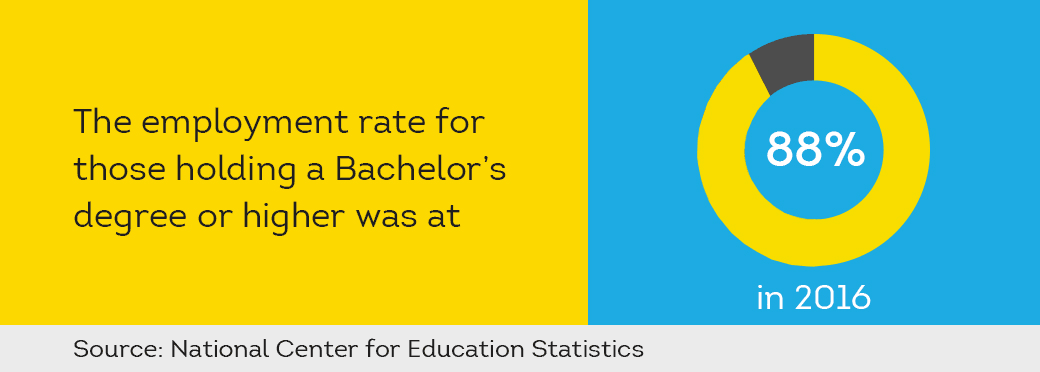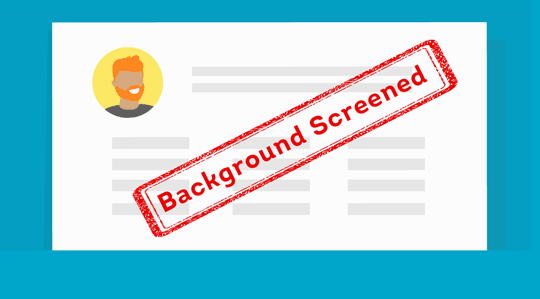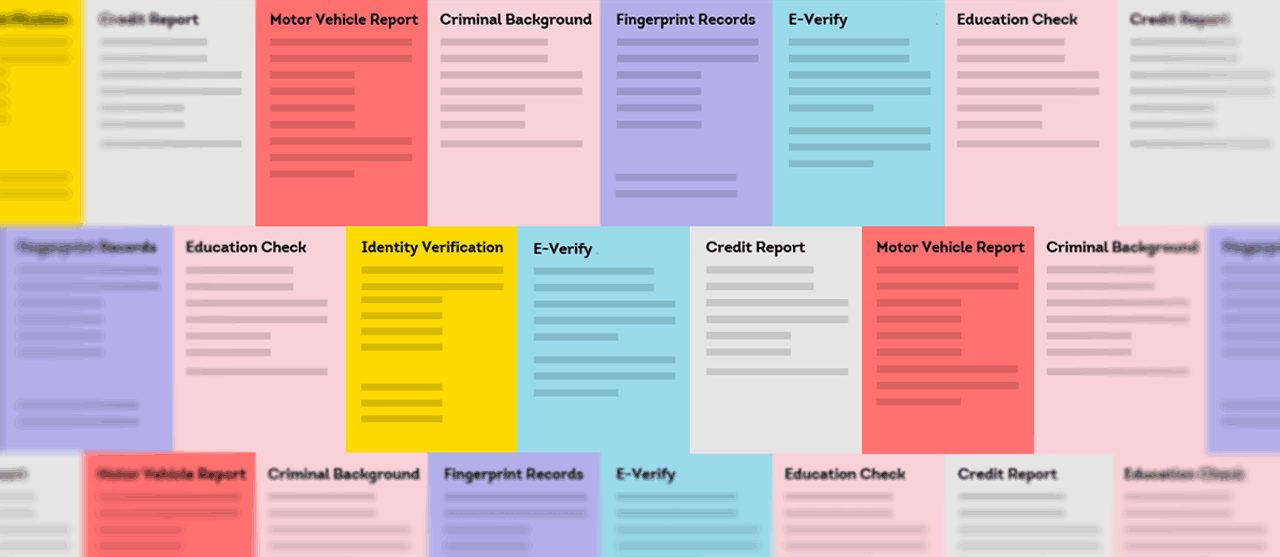Hiring a new employee likely means your small business is growing. It’s an exciting time, but with the company’s need for expansion comes a great deal of risk. Making the wrong hire can derail plans, disrupt operations and cause friction in the workplace—a hiring manager’s worst nightmare.
You probably have your dream candidate in mind: a person who’s accountable, reliable, and replete with a skill set to drive your company’s success even further. But many employers get caught up in the rush of the hiring process—failing to verify simple qualifications such as an employee’s education.
What looked like your dream candidate on paper might not be so dreamy if it’s found they lied on their resume.
The National Center for Education Statistics reported that the employment rate for those holding a Bachelor’s degree or higher was at 88% in 2016, while those who did not complete high school had an employment rate of 48%. Education verification should be an important part of background screening; consider whether it can be integrated into your company’s hiring process.

For a fuller look into someone’s background, run a Background Check Pro from ShareAble for Hires. For a fuller look into education verification, keep reading.
What is Education Verification?
Most jobs require a minimum level of education—the same is likely true for your small business’ open position.
Verifying the information included on an applicant’s resume can help improve the quality of your company’s hires. While education verification processes may vary, employers are typically looking to confirm the following:
- Education degrees
- Institutions attended
- Years attended
- Specific certifications
- Specialized training
Verifying education can also help small business hiring managers spot a diploma obtained from a “diploma mill” (also known as a degree mill). A diploma mill, according to the U.S. Department of Education, is a company or organizationthat claims to be a postsecondary education institution but is unaccredited by any accrediting agency or organization. They provide degrees and diplomas for a fee while requiring students to complete little or no education or coursework.
They may claim to require the submission of a thesis or dissertation to give an appearance of authenticity. Individuals who ”enroll” into a diploma mill may or may not know that the degree they’ve obtained is not legitimately recognized as genuine.
Check out the diploma mill database on GetEducated.com; a simple search may help you determine if an online school has proper accreditation—or if the organization has been reported as a consumer fraud or scam. If you don’t have the budget or time to commit to a complete education verification process, sites like these can help you assess the validity of a candidate’s degrees or certification.
Why Should Employers Verify Education?
1. To Help Protect Against Negligent Hiring Claims
Employers are expected to take reasonable measures to protect their company and their employees. When a new hire conducts dangerous behavior or injures a co-worker while on the job, your small business may be exposed to liabilities. Screening before hiring helps uncover indicators that there may not be a good fit between person and position.
2. To Ensure an Applicant has the Required Certifications
Certain jobs, especially within healthcare, fitness, and education, require great expertise backed by special certifications and degrees. If an applicant does not actually possess the skill set required to perform the task, it could lead to a lot of liability on the company’s behalf.
3. Falsification of Credentials and/or Degrees
With education verification, employers can weed out diploma mills, bogus academic degrees, and desperate individuals seeking to puff up their resumes with outright false information.

How Far Back Do Education Background Checks Go?
Because education verification checks against official records, there is generally no time limit to which the educational background can span. Typical screenings cover all post-high school degrees and credential claims.
If an applicant has reported that they’ve already graduated when they in fact have not yet completed school, education verification should still be able to confirm the major and the dates in attendance.

What Are the Drawbacks of the Education Verification Process?
Some employers choose to forgo education verification, on account of its drawbacks, including:
- Too slow: It can take weeks to verify education due to school closures or slow degree-posting processes.
- Inaccessibility: Some educational institutions have policies that prohibit anyone from accessing records other than current or former students.
- Inaccuracies: Name variations, and incorrect or incomplete student numbers can lead to inaccurate verification results.
- Incomplete results: Education verification screening doesn’t always provide GPA or honors information.
How Can Employers Verify Education History?
Before you begin the verification process, establish what education level your job opening requires. Be sure to understand the legalities regarding privacy and the regulations imposed by FERPA—the Family Educational Rights and Privacy Act that protects certain student records.
With these parameters in mind, the Federal Trade Commission suggests two different ways employers can verify education:
It’s also important to touch on a candidate’s education during the interview process; if questions about an applicant’s certifications or degrees are met with conflicting responses, you may want to put more effort into verifying that they do hold the certifications promised on their resume.

How to Run a More Complete Screening Process
Education verification is just one crucial component in a comprehensive employment background check.
Employers looking to make a great hire should take advantage of pre-employment screening services that look deeper into a candidate’s criminal, employment and credit history.
ShareAble for Hires offers convenient and affordable employment background checks for small business employers who want top-quality employees.
Simply invite your job applicant to authorize your screening. Within minutes, you receive reliable, TransUnion reports pulled from their database of 400 million criminal backgrounds and 230 million credit histories. Gain critical insights almost instantly as ShareAble:
- Verifies ID through TransUnion
- Checks Sex Offender Registry
- Checks National Most Wanted
- Checks Federal Terror Watch List
- Checks State & County Criminal Records
- Adheres to all Federal Credit Reporting Rules
- Checks for Use of Deceased Person’s SSN
- Matches Name to SSN
- Reports Current & Previous Addresses
- Runs Detailed Credit Report
Millions of small businesses screen job applicants with ShareAble for Hires. Verify education, then improve your chances of landing reliable employees by making ShareAble a part of your hiring process.





